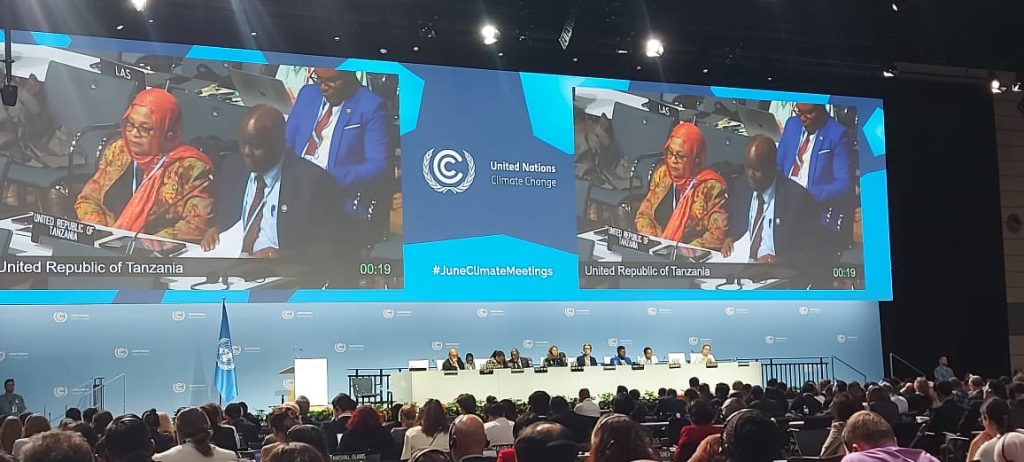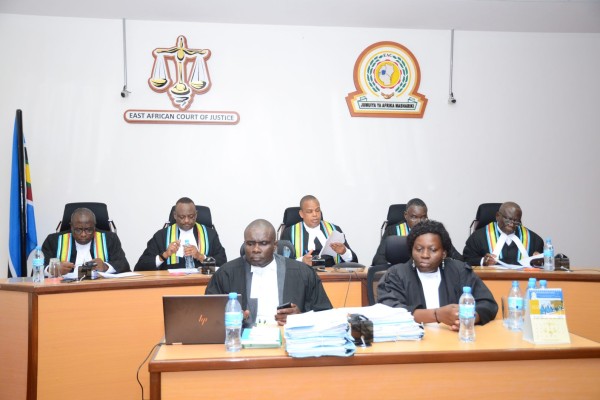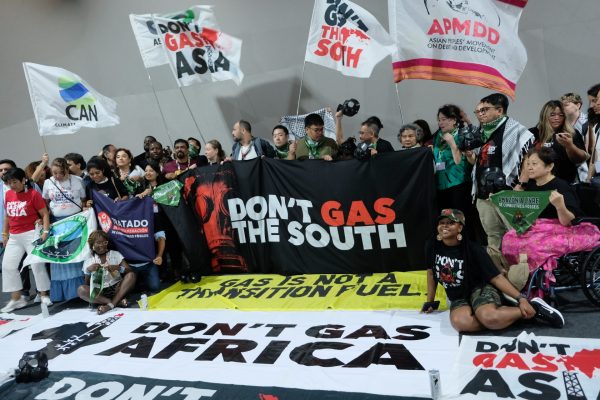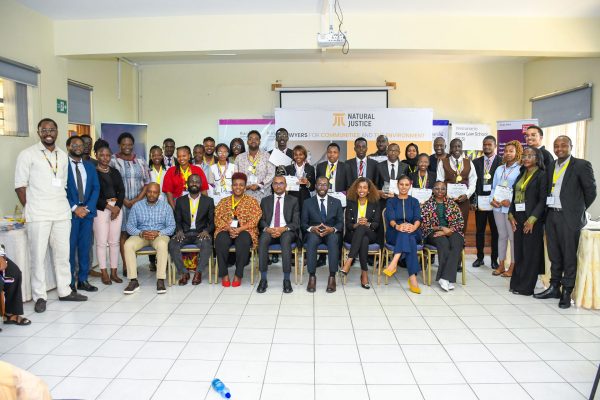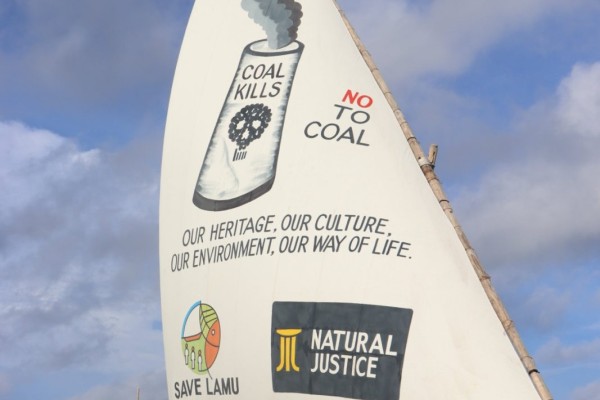Prospects for improvement but slow progress
Bonn, 26 June 2025: The annual climate change intersessional meetings (62nd meeting of the Subsidiary Body – SB62) closed today in Bonn after two weeks of negotiations. While the conference got off to a slow start last week after states disagreed on agenda items related to developed countries’ finance commitments and unilateral trade measures, the end of the conference paves a rocky road for the upcoming COP30 in Belem. Civil society groups are now calling for much greater leadership and commitment from member states ahead of COP30.
Natural Justice joined human rights and environmental groups at the UNFCCC headquarters in Bonn paying close attention to negotiations on the Gender Action Plan (GAP) and the Just Transition Work Programme (JTWP). We are part of the movement advocating for a human rights-based approach to the energy transition; the protection, recognition and participation for Women Environmental Human rights Defenders (WEHRDs) in the GAP; and a full package of human rights across all agenda items, prioritising a full, fair and funded phase-out of fossil fuels.
Natural Justice also joined over 200 organizations – spanning environmental NGOs, and women and gender, disability, youth and children, and Indigenous Peoples organizations – calling for urgent reform of the UN Climate Talks given that the climate negotiations have systematically failed to deliver climate justice and undermined international law. Past Climate Talks have marginalized vulnerable States, Indigenous Peoples, and civil society, and allowed the richest countries and the largest historical polluters to avoid legal obligations and accountability.
The proposal demands more effective multilateralism and global governance to better serve people and planet. Observer constituencies also condemned the UNFCCC Secretariat’s arbitrary censorship of solidarity with Palestine. The letter reminds states that, “The climate crisis is inseparable from questions of justice and human rights.”
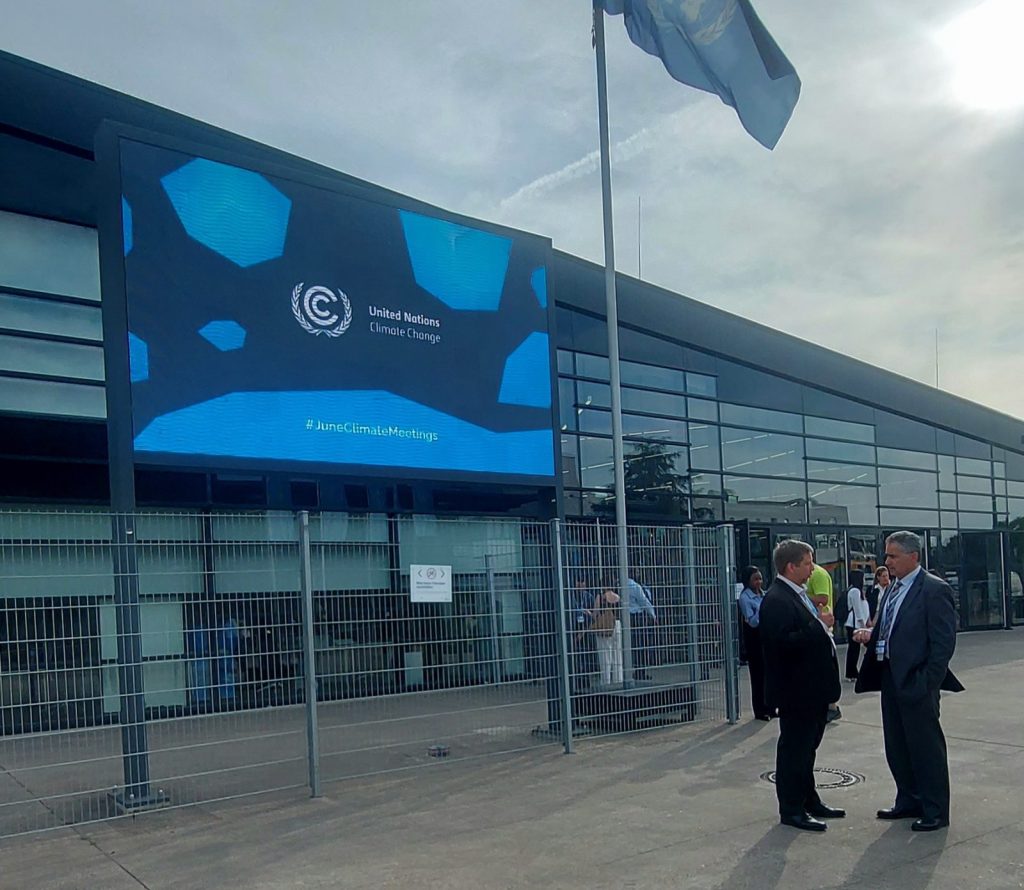
Key outcomes from Bonn
Negotiations on the GAP saw states acting collaboratively to achieve a draft text that provides a good foundation for COP30, with several elements considered essential, including sexual reproductive and health rights, care work, gender-based violence, protection for women environmental human rights defenders, integration of traditionally marginalized groups (such as women of African descent, women with disabilities, and women in rural communities) and a mention of gender-diverse people.
Katherine Robinson, NJ’s head of Policy and Advocacy said:
“The draft text of the Gender Action Plan (GAP), leaving Bonn for further negotiation in Belem, has potential for a progressive GAP. As always there are victories and losses: we are thrilled that submissions ahead of Bonne ensured women defenders are mentioned in the text, but very concerned that states have rolled back language on gender responsiveness, gender mainstreaming, Indigenous women, and the definition of gender itself. Thankfully many States are holding the line, including the African Group of Negotiators, but we call for greater solidarity to ensure women’s rights and gender justice is safeguarded and expanded under the UNFCCC.”
The agreed draft decision text on the JTWP contains many concrete outcomes to finally move states closer to implementation, and includes progressive human rights language, with the potential for a transition mechanism that is just. With Three text options going to Belem, civil society hopes that, because of the slow progress so far, an Implementation Mechanism for the Just Transition is adopted in Brazil.
Sokhna Die Ka, NJ’s West African Hub Director said:
“Although this kicks the can down the road and delays a just transition mechanism, this draft doing to Belem provides a good foundation that must be strengthened in Brazil. This must be coupled with ambitious Nationally Determined Contributions (NDCs), with renewed commitment to time-bound, full phase-out of fossil fuels, including phasing out support for fossil fuels and subsidies. Action has been taken to address the primary driver of climate change. With COP30 in November, in the heart of the Amazon, states have to intensify efforts.”
At the closing plenary, Tanzania on behalf of African Group of Negotiators (AGN) expressed concern over the slow progress and lack of financial support, urging states for more meaningful outcomes at COP30. Malawi on behalf of Least Developed Countries (LDCs) echoed the same disappointment saying, “The lack of urgency demonstrated by states removes the hope for survival of women, youth and Indigenous People.”
For COP30 to deliver a gender transformative Gender Action Plan for Indigenous women and women defenders, and for states to adopt a Belem just transition mechanism rooted in justice and human rights, states will have to step up with far more urgency and political will critical for addressing the climate crisis. We have to move beyond workshops and dialogues to real implementation and adequate finance to fulfil the Paris Agreement.
// ENDS

